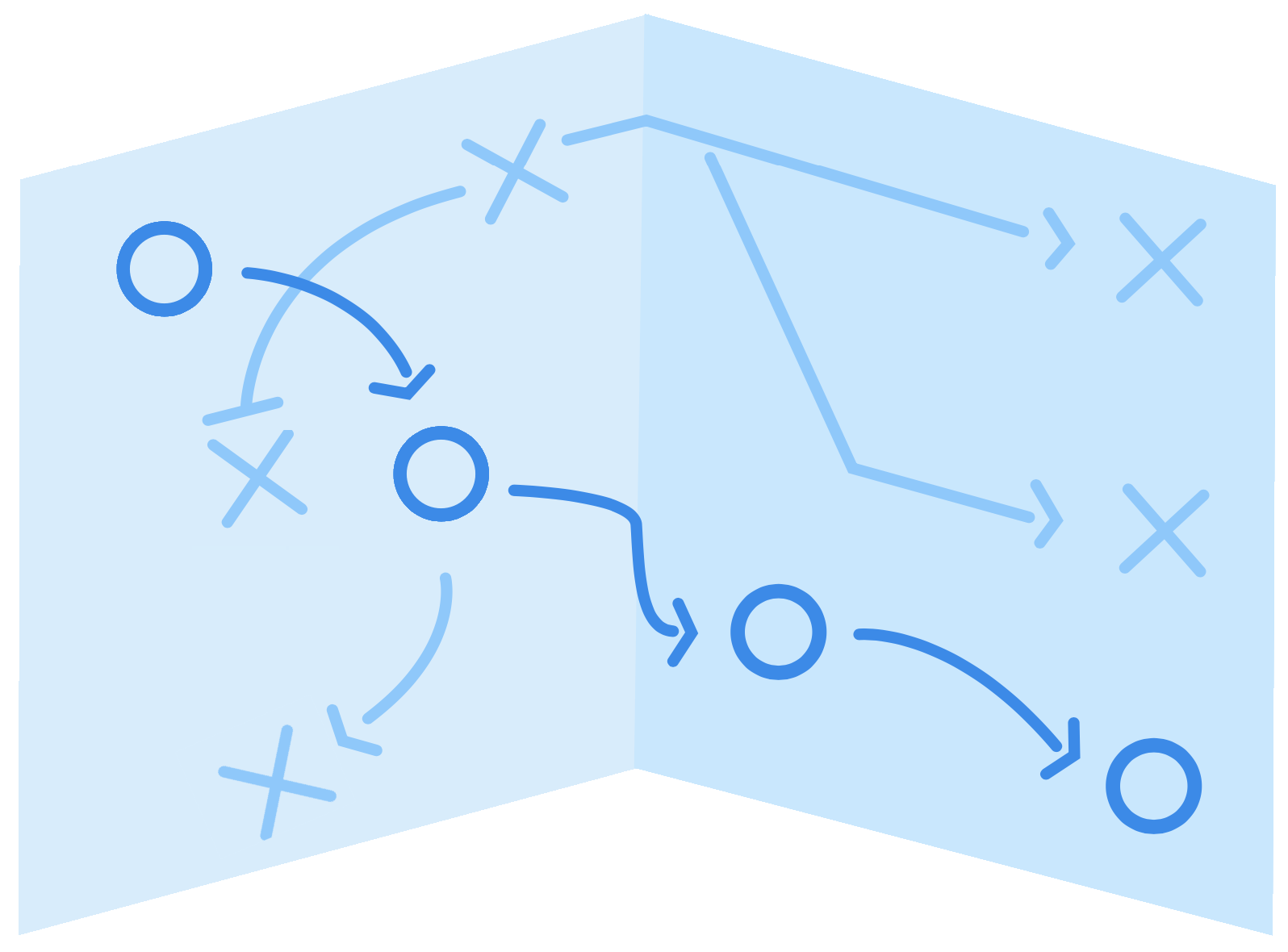Replicate the Problem and Research Solutions
Learning Objectives
After completing this unit, you’ll be able to:
- Understand why re-creating an issue is important to the troubleshooting process.
- List resources for researching known issues and solutions.
Replicate the Issue
Now that you’ve gotten the information you need to understand your user’s problem, it’s time for you to dig a little deeper. Start by replicating the issue to the best of your abilities. If applicable, log in as the user to see the problem from the user’s perspective. Experiencing the problem for yourself can reveal additional clues and answer some important questions.
- Was the problem caused by user error?
- Is this an isolated problem? Are other users affected?
- Will this problem happen again?
Additionally, having the problem fully replicated allows you to properly research and test solutions when the time comes. Avoid replicating or testing in a production org. A sandbox org is the ideal location for replicating problems and testing solutions because it’s a copy of your production org built for development and testing.
Research Resources
You’ve gotten your head around the problem, and you can replicate it. It’s time to test some solutions, right? Not so fast. No need to reinvent the wheel if the solution to your user’s problem already exists. Use these resources to determine if the problem you’re working on—and it’s solution—has been reported before. If it has, you can save yourself some time and avoid duplicate work.
- Salesforce Help—Search knowledge articles, best practices, and more. This resource allows you to search articles as well as community posts. A great first stop when troubleshooting a Salesforce problem.
- Salesforce Trust—The Salesforce community’s home for real-time information on system performance and security. The problem you’re researching could have been caused by a scheduled downtime/update or known outage, so it’s always worth checking.
- Trailblazer Community Groups—Not necessarily an immediate resource for your troubleshooting problems, but these user groups are a wealth of information and knowledge. Community Group members network, learn together, exchange ideas, and troubleshoot. When seeking advice, provide as much information as possible without sharing sensitive data.
- Event log file—Tracks events in your org such as logins, Apex executions, API calls, and more. An event log file is generated when an event occurs in your organization and is available to view and download after 24 hours. The event types you can access and how long the files remain available depends on your edition of Salesforce. Learn more about the event log file by earning the Event Monitoring badge.
- Trailhead.com—Trailhead is the fun way to learn… wait... you’re already here. You already know about the merits of this resource.
If you’ve exhausted all of your resources and a solution is not evident, it’s time to come up with some possible solutions.
Formulate Possible Solutions
Good news: You’ve already started down the road of formulating possible solutions and you didn’t even know it. Because you’re following the troubleshooting process, you’ve already gotten some valuable answers by replicating the problem for yourself and doing some research.

Based on your research, compile a list of possible solutions. Compiling a list like this helps you focus your efforts where they’re actually needed. This list helps you formulate a hypothesis.
Next Up
You’ve replicated the reported problem, researched resources for answers/solutions, and created a list of possible solutions to the problem. All this information helps you formulate an educated guess about what needs to be fixed. So next, it’s time to come up with a hypothesis and test it out.